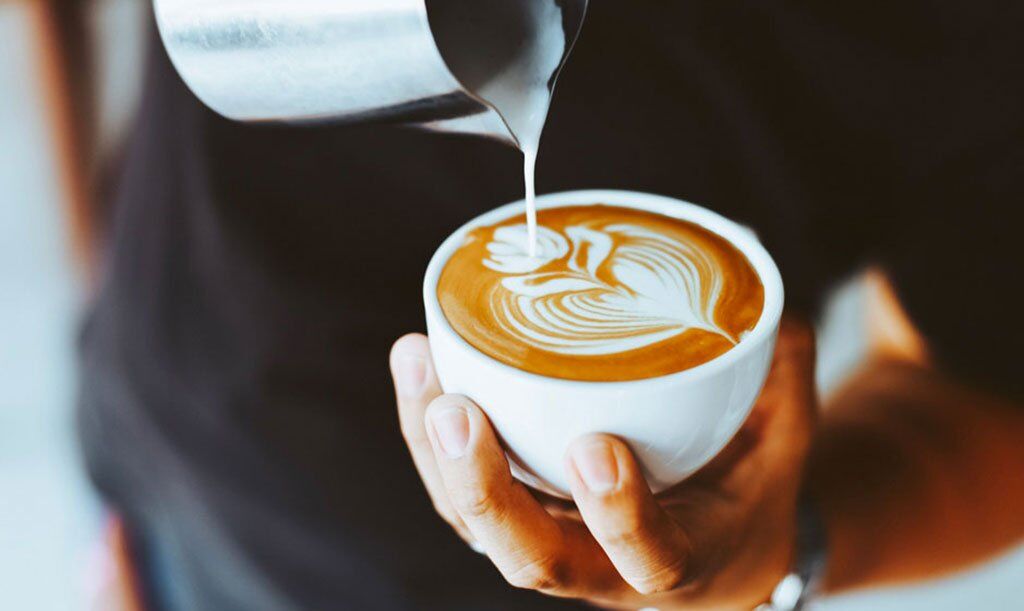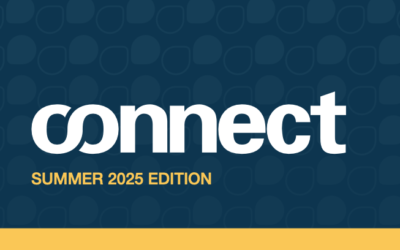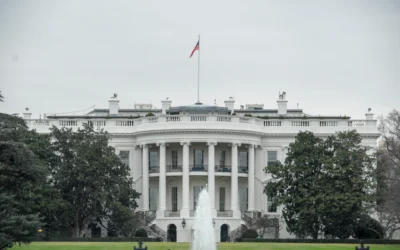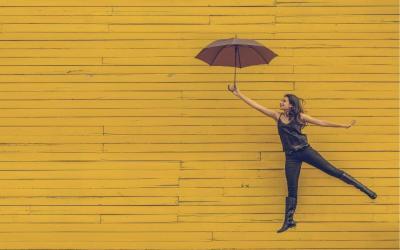Small, everyday purchases or impulse spending are just one of the obstacles standing in the way of your financial freedom. Ryan Fennell explains why we can’t afford to ignore the little things
Ever wondered why you don’t seem to be able to save money?
Well, firstly, you are not alone. According to data collected by The Household Financial Comfort survey last June, a quarter of Australian households have less than $1000 in savings and one in 10 are spending all their income and more each month.
If you are feeling overwhelmed by bills and struggling to save money, the only way to address that is by making a change.
The best place to start is with a change in mindset and addressing those bad habits you have probably fallen into when it comes to your spending.
A financial advisor can certainly show you how to get you cash flow right by looking at all areas of your finances and setting goals with you that are achievable and, often, life-changing.
But you can start by looking at the little luxuries that might be costing you big time when you add them all up. I’m not saying you need to give them all up. However, understanding your spending habits is the best way to make the changes that will save you money to put toward your bigger saving goals.
COFFEE FIX
I know, I know … that takeaway coffee is one of life’s little luxuries that is tough to give up. But it is a costly little habit. Let’s say you spend $5 a day on your morning latte, over the space of a year it will end up costing you $1825. Even if you aimed to cut that spend in half by buying a coffee every second day, you would still be saving at least $900 a year.
MONEY ON TAP
Buying bottled water is really pouring money down the drain. Not only bad for the environment, it’s also bad for your bottom line. Making the switch to tap water is the best way to pour more into your savings.
SUBSCRIBE TO SAVING
It pays to check on all your App subscriptions to ensure you are not paying unnecessary fees. Rethink any subscriptions you have to entertainment platforms such as Netflix, Stan, iTunes, Spotify and Foxtel. Are you using your gym membership? If not, cancel it if you can.

EAT IT UP
Buying your lunch from a café, as opposed to taking a packed lunch to work, is a convenient but costly option. Eating out is definitely something to do in moderation. According to ASIC, the average Australian household spends $44 per week on eating out. That’s almost $2300 per year without taking into consideration things such as Uber Eats or takeaway meals. Try to limit dining out to special occasions or important catch-ups. And consider deleting those tempting food delivery apps from your phone.
BULK BUY ESSENTIALS
We all have those small staples we buy regularly. Try to get in the habit of buying in bulk when you see your must-have household or personal items on sale. The savings over a year can really add up.
Conclusion
Impulse spending brings instant gratification but prioritising your bank account will put you in a much better position in the long term. Self-talk is a powerful thing so instead of telling yourself you deserve those small luxuries, change your mindset to one where you tell yourself you deserve to build wealth and that “every dollar counts”.
Part of that mindset change should also be seeing a financial advisor who can identify all areas – big and small – where you can make savings while still maintaining a balanced lifestyle.
At Fennell West we specialise in working side-by-side with clients to get their cash flow right via our proven GPS Program which ensures clients put themselves back into profit and start saving money. We can get you where you want to go – whether that is buying a house, paying off a house quicker, buying shares or saving for a holiday. If you would like help mapping out a plan for your financial freedom contact us via the website or on 03 5557 3355.






